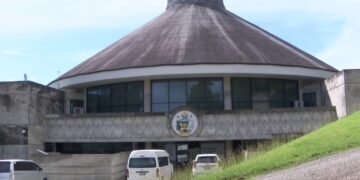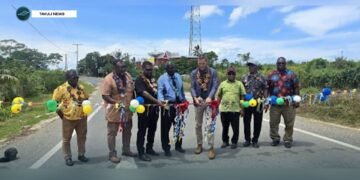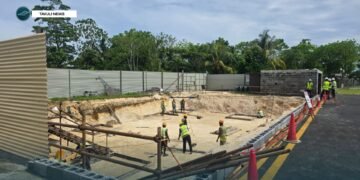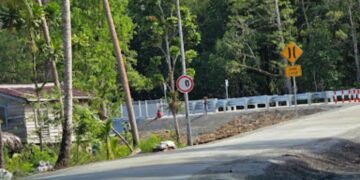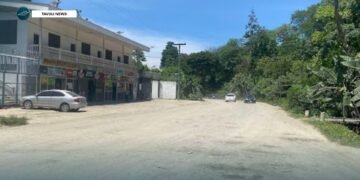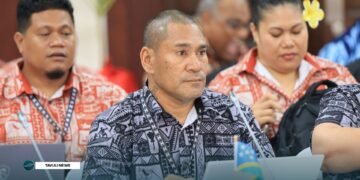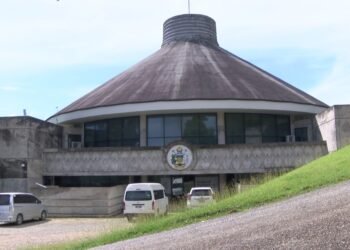CDF lacks positive impact says Solomon Islands Statistics Office from data gathered from households for the 2019 Census
The Constituency Development Fund (CDF), established in Solomon Islands since 2013, has come under scrutiny, with the newly released 2019 Census report highlighting mixed sentiments among households. According to the report, 64.2% of households in the country believe that the CDF has had no positive impact. This revelation raises questions about the effectiveness of the fund in improving the lives of Solomon Islanders.
Of all the households surveyed that were aware of the CDF, the majority expressed negative perceptions, with 35.8% stating that the CDF assistance had a positive impact, either directly or indirectly, on their livelihoods. These findings underscore the need for a concerted effort to change public perceptions and attitudes regarding the CDF’s contributions.
The main factors contributing to negative perceptions of the CDF were the unfair distribution of resources (36%) and other unspecified issues (34.7%). Additional key concerns included the lack of good governance (12.8%), misuse of funds (5.9%), and a culture of dependency (4.8%).

Remarkably, an overwhelming 98.9% of households in Solomon Islands were aware of the CDF, with the majority concentrated in Malaita (22.7%) and Guadalcanal (21.6%). Rural households (69.0%) were more aware of the CDF compared to urban households (31.0%). However, within urban and rural areas, a higher proportion of urban households (78.7%) believed that the CDF had no positive impact on them compared to 59.3% of rural households.
When examining the areas where the CDF development assistance had a positive impact, the highest percentage was seen in assistance for housing materials (19%), followed by the supply of energy/solar solutions (12%). Malaita, Guadalcanal, and Western province benefitted the most from housing materials and energy/solar supplies. These regions also saw the most significant positive impacts across all areas of CDF assistance, except for water/sanitation, which had a more substantial effect on Western households, and education support, which was prominent in Honiara.

A striking 85% of rural households expressed a positive view of the CDF assistance’s impact, underlining its significance in rural areas.
Regarding the future management and use of CDF, the majority (32.7%) emphasized the need for improving good governance, including accountability, transparency, and preventing abuse and corruption. This perspective was widely supported by households from Western (23.0%), Malaita (19.2%), Guadalcanal (18.3%), and Honiara (13.3%).
The second most important concern was prosecuting corrupt officials (21.1%), with strong support from households in Malaita (51.6%), Makira-Ulawa (15.8%), and Guadalcanal (12.0%). Improving coordination of CDF support was a key focus among Honiara households (44.5%).
Source: SINSO



